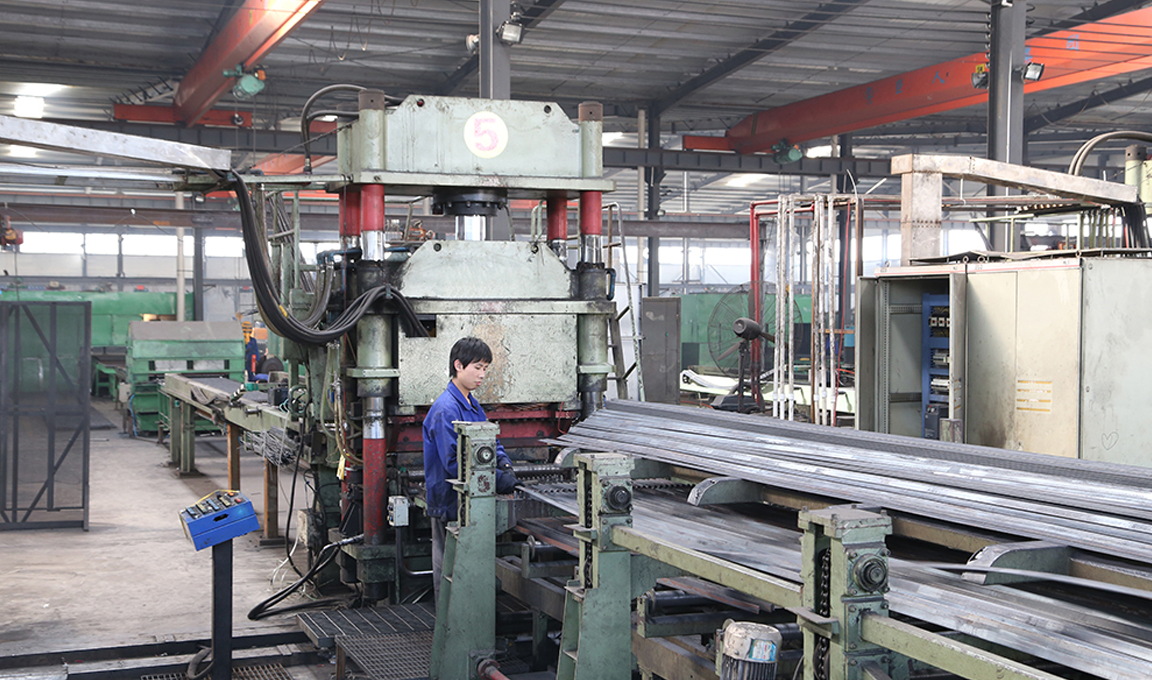Chain Link Fence Installation A Comprehensive Guide
Chain link fencing is a popular choice for both residential and commercial properties due to its durability, cost-effectiveness, and ease of installation. While many homeowners might wish to hire professionals for the task, installing a chain link fence can be a DIY project that saves money and allows for customization. This guide will walk you through the essential steps for installing a chain link fence effectively.
Step 1 Planning and Measurement
Before you begin your installation, it is crucial to plan your fence layout. Start by determining the purpose of the fence, whether for security, privacy, or to contain pets. Measure the area where the fence will be installed to establish the total length needed. Use stakes and string to outline the perimeter, ensuring the fence fits within your property boundaries and adheres to local zoning regulations.
Step 2 Gathering Materials and Tools
Once you have a clear plan, gather the necessary materials and tools. For a standard chain link fence, you will need
- Chain link fabric - Fence posts (terminal and line posts) - Top rail - Tension wire - Fence ties - Concrete mix (for securing posts) - Tools post hole digger, level, tape measure, spade, and fence installation tools.
Step 3 Setting the Posts
The first physical step in the installation is setting the posts. Begin by digging holes for your posts, typically 2-3 feet deep, depending on the height of your fence. It's important to space the posts according to the fabric length; generally, this is about 10 feet apart. Place terminal posts (corner, gate, and end posts) first, ensuring they are level and plumb. For added stability, fill the holes with concrete and allow it to cure as per the manufacturer’s instructions.
chain link fence installation

Step 4 Installing the Top Rail and Fabric
After the concrete has set, it’s time to install the top rail. Attach the rail to the terminal posts with brackets and then connect it to the line posts. This rail will provide additional support for the chain link fabric.
Once the top rail is secured, unroll the chain link fabric along the fence line. Start at a terminal post and unroll the fabric towards the next post, keeping it tight. Use fence ties to attach the fabric to each post, ensuring it is secure and free of sagging. Do the same for the entire length of the fence.
Step 5 Adding Tension Wire and Final Touches
To further reinforce the fence, add a tension wire along the bottom. This will help maintain the shape of the fabric and prevent animals from digging underneath. Simply attach the wire to the bottom of the fence fabric and secure it to the posts.
Finally, inspect the entire fence for any loose ends or imperfections. Trim any excess fabric and ensure that the gates operate smoothly if you have installed them. It’s also a good idea to apply a rust-resistant coating to any exposed metal to prolong the life of your fence.
Conclusion
Installing a chain link fence can be a straightforward process if you follow the necessary steps and precautions. With the right planning, materials, and tools, you can create a durable and effective barrier for your property. Whether you’re looking to enhance security, keep pets safe, or simply mark your property lines, a chain link fence is a practical solution. Happy fencing!
-
The Best Metal Mesh Solutions: Expanded Aluminum Metal vs. Expanded Stainless Steel Metal
NewsSep.10,2024
-
Round Perforated Sheets vs. Hexagonal Perforated Sheets vs. Embossed Perforated Sheet Metal
NewsSep.10,2024
-
Perforated Metal Sheets
NewsSep.10,2024
-
Experience The Excellence Of Stainless Steel Grating
NewsSep.10,2024
-
Discover the Versatility Of Metal Mesh Expanded Forming Machines
NewsSep.10,2024
-
Discover The Advantages Of Steel Grating For Sale
NewsSep.10,2024
Subscribe now!
Stay up to date with the latest on Fry Steeland industry news.

